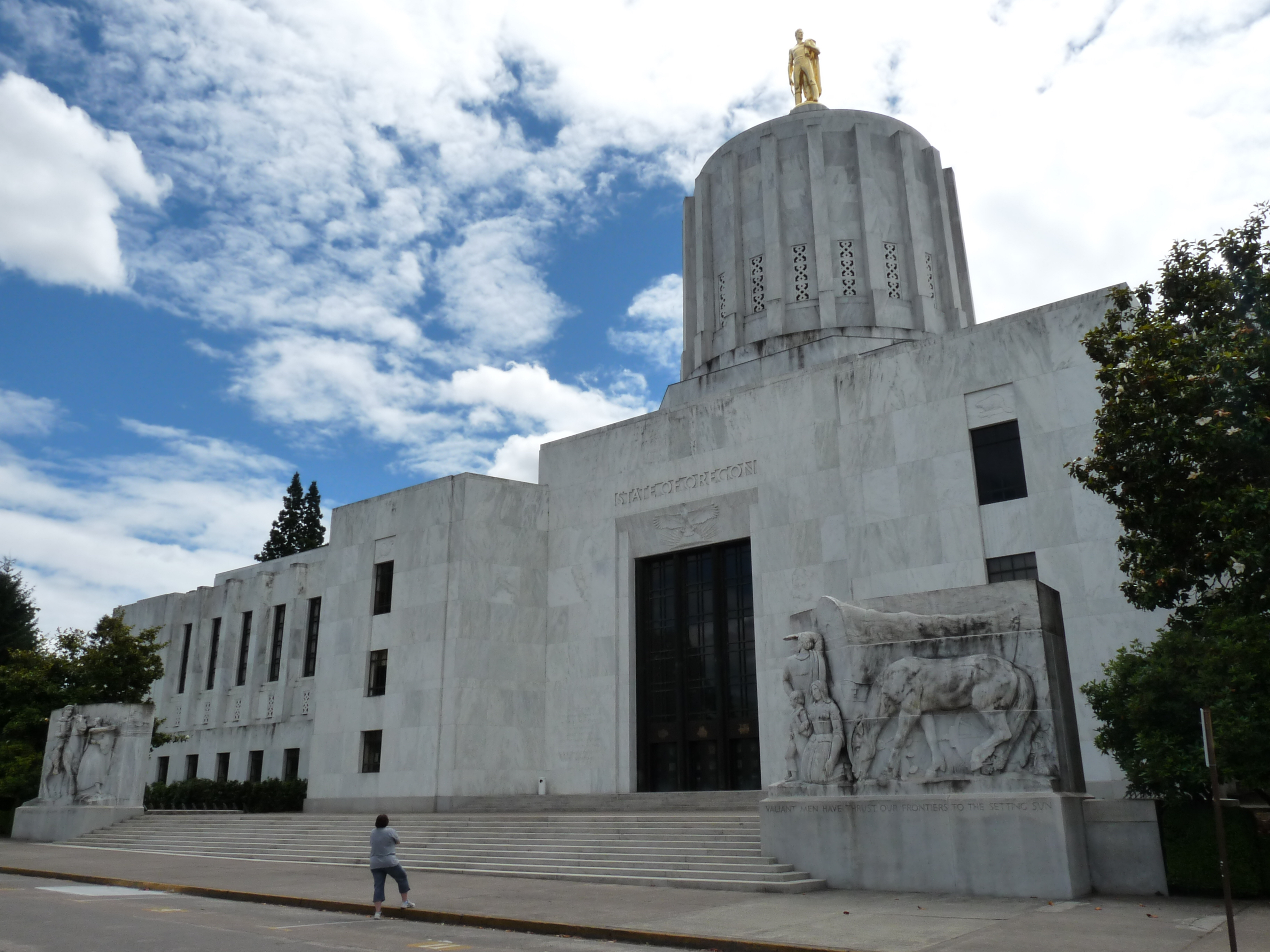
By Drake MacFarlane /// News Editor
Lewis & Clark students who fear late night Oregon Liquor Control Commission abuses will soon see potential for reform. Associated Students of Lewis & Clark Chief Justice Phoebe Gresser (’16) and Senator Nick Lesage (’17) traveled to Oregon’s capitol hill in Salem to promote changing the laws regarding OLCC conduct.
The idea came after the results of October’s Know Your Rights panel. “We realized that it isn’t so much if students know their rights, because unfortunately in situations with the OLCC their rights are not respected. The only option then is to change the laws relating to OLCC conduct,” Gresser said.
Gresser and Lesage met with Oregon State Representative Ann Lininger on April 1 to discuss the variety of abuses made by the OLCC, and most importantly, policy prescriptions to fix them.
“[Lininger] was pretty shocked. A lot of the people who were around when the drinking age was 18 don’t realize what that does to college life. Especially because that means a bunch of students are breaking the law,” said Gresser. “The OLCC is a cheap, quick and effective way to get the Oregon Liquor Laws enforced, but I don’t think anyone who is not currently a college student realizes how dangerous and threatening their enforcement practices are. She was really upset and personally offended that this [conduct] was happening in her district.”
With Lininger on board, the pair continued with two policy change proposals: to require OLCC officers to drive in marked cars and wear uniforms and to require field sobriety tests before the issuance of a Minor In Possession charge.
The first point was pressed because of the risk imposed by unmarked, plainclothes officers. If someone runs from a suspicious vehicle or person, and is an OLCC officer, they can be charged with corrupting an investigation. But, if a persondoes not run and that actor is not part of the OLCC, they are at risk of being mugged, attacked or assaulted.
According to the dossier given to the representative by the pair, this sets up a risky precedent because, “Individuals under the age of 21 who have been drinking are incentivized to put themselves in extremely dangerous or vulnerable situations in order to avoid obstructing a potential investigation by an OLCC officer.”
Furthermore, anybody can pose as an OLCC officer and those with malicious intent have potential victims in a compromising position. Thus, mandating that officers have proper means of identification is a must.
The pair suggested modifications to several Oregon State Statutes that could help further regulate the OLCC. Highlights include ORS 471.430, in the Minors in Possession section, where a field sobriety test requirement could be added.
Secondly, mandating field sobriety tests before the issuance of an MIP is essential. If someone is given an MIP without a sobriety test they have no hard evidence of their sobriety and thus challenging the charge in court is made immensely more difficult and risky.
Due to broad language in statutes like ORS 471.730, the OLCC “Have an open playing field of enforcing the Oregon liquor law,” Gresser said.
Most importantly, the top brass of the OLCC don’t know about the abuses done by officers in the field. When Gresser spoke with the chief in October, the chief had no idea about the extent of these incidents of which LC students are all too aware.
“Lininger’s been talking to her fellow representatives about this. One thing that hopefully we’ll see out of this is pressure being put on the OLCC.”

Subscribe to the Mossy Log Newsletter
Stay up to date with the goings-on at Lewis & Clark! Get the top stories or your favorite section delivered to your inbox whenever we release a new issue.

The real story is that the OLCC inspectors are lobbying to carry guns. Imagine these guys pulling guns on you on when they nail you for MIP.
Also, one of them has a domestic abuse incident and a drunk driving incident in his past.